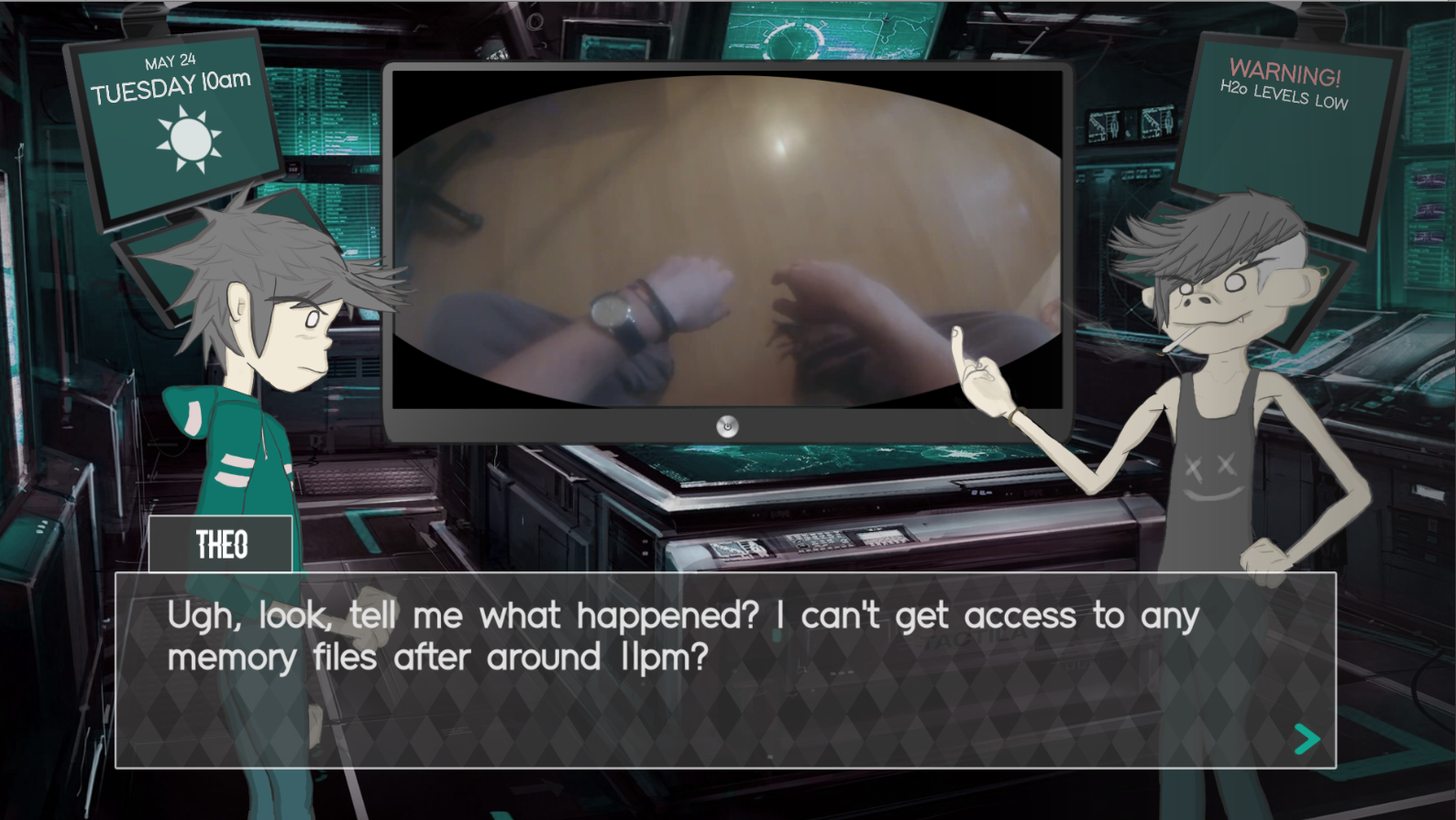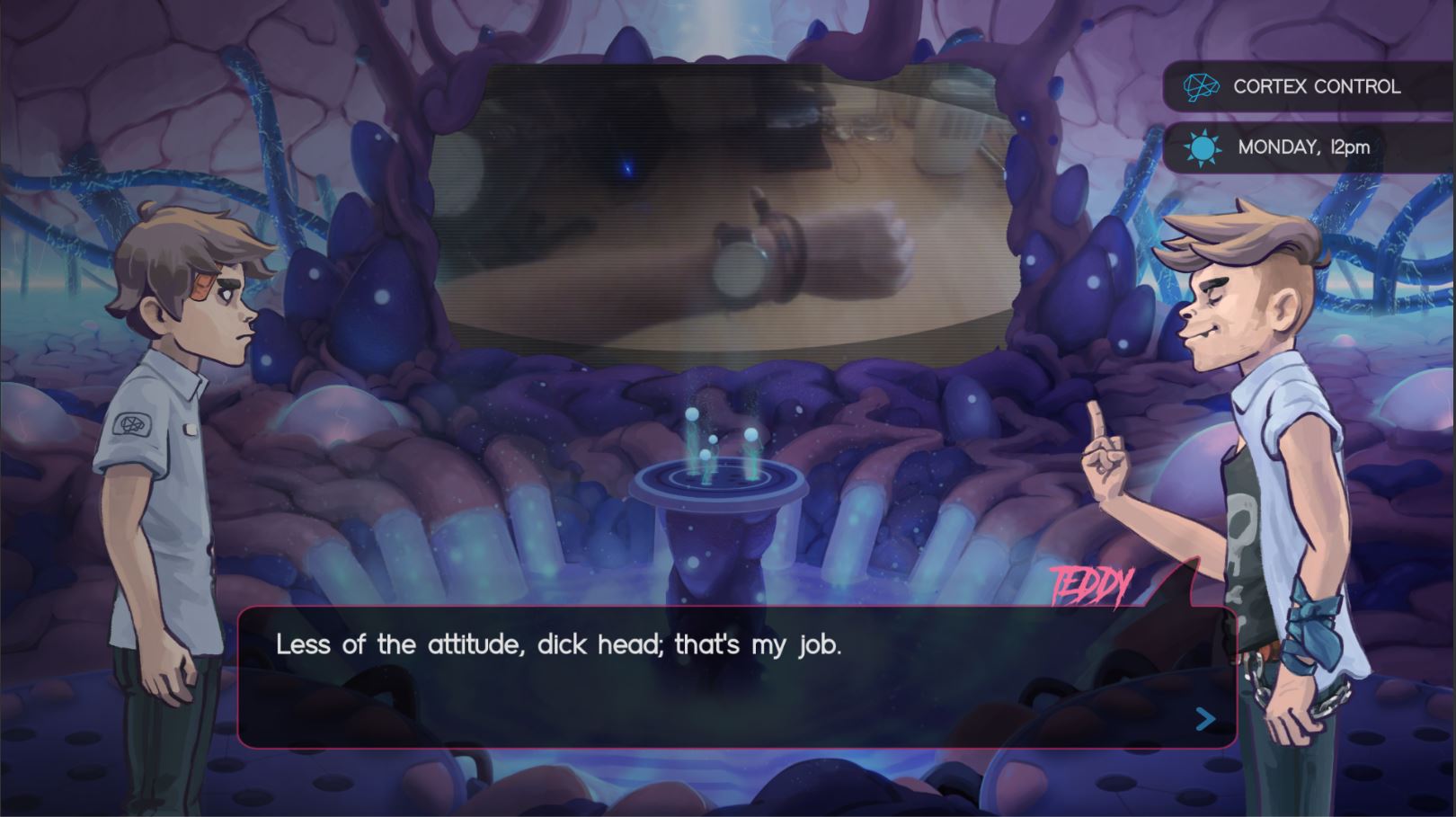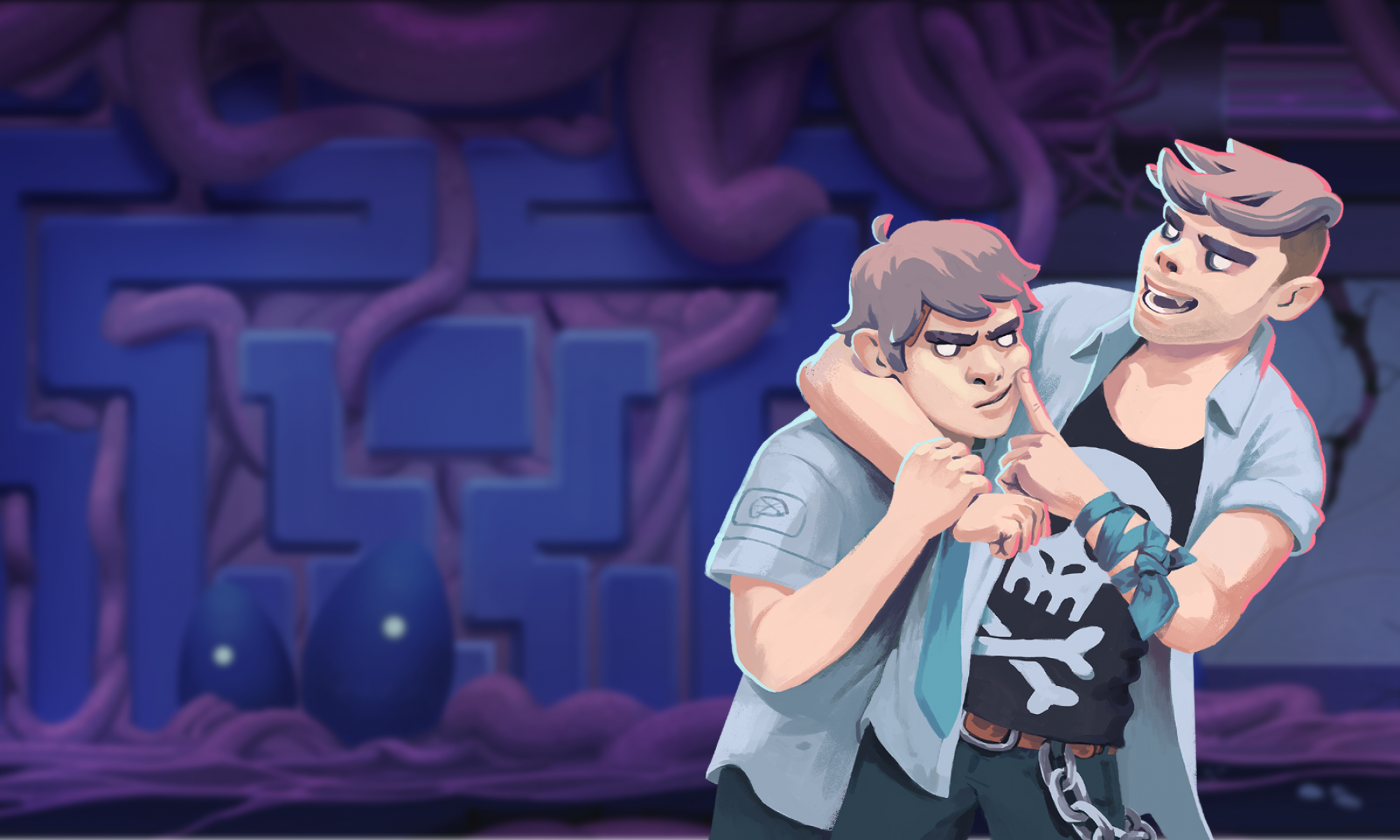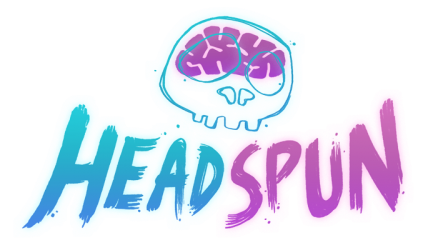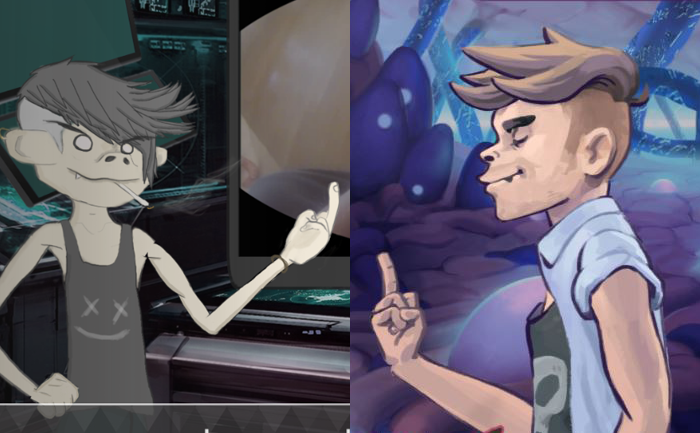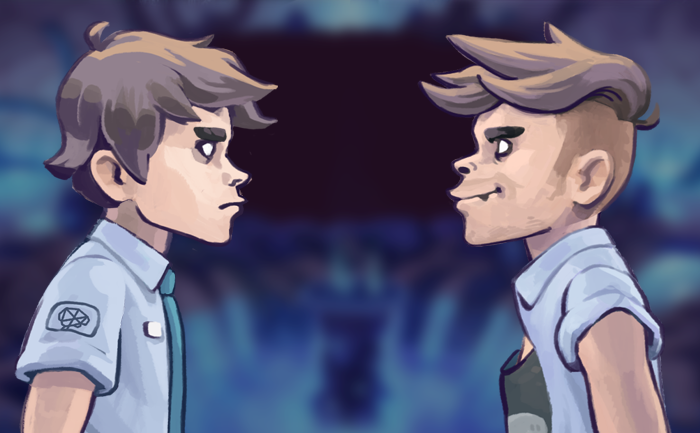When you dedicate your oh-so-precious spare time to a side project – as many indie/hobbyist game developers do – making the best use of that time is crucial. Bringing a game to life requires a helluva lot of it, after all. Effectively working two jobs, you become acutely aware of wasted or unproductive time, and subsequently develop certain practices for purging it from your routine. This is a blog about those practices, and how to ‘hack time’ to your advantage.
While I spend my days as a Brand Manager at Square Enix, my evenings and weekends are dedicated to HEADSPUN.
I started the project, my second game, six months ago, and in that time have become obsessed with productivity. Not in a classic project management sense – of GTD and all that jazz – but lifestyle tweaks which allow dead time to be converted into something worthwhile.
As the solo dev on Headspun with a never-ending to-do list spanning art, code, design, animation, QA and – in this particular case – live action film shoots, there aren’t enough hours in the day to get everything done. It can feel overwhelming at times, but entirely manageable with the right outlook and mental systems in place.
What follows, then, is a list of tricks and best practices that have worked for me; for maintaining a side project without it jeopardizing your day job or, you know, your life in general.
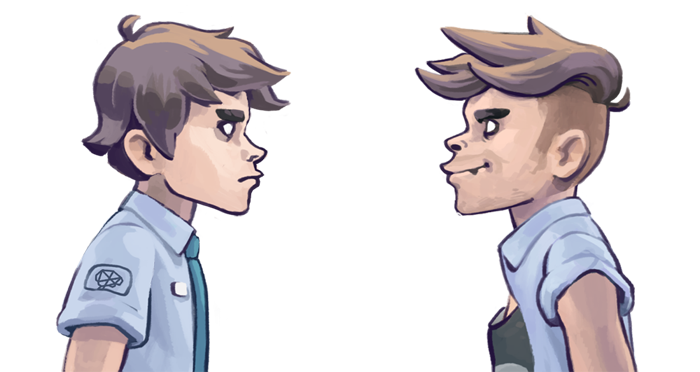
1. CAPITALISE ON YOUR COMMUTE
This is a big one, and a concept you can roll out to various pockets of dead time like the commute to work. To preface this point: we all have different routines, and this is just what happens to work for me. Research and information gathering is key to the development of many games, especially narrative driven experiences tapping into a specific theme. Finding the time to research and absorb this information can be impossible if you’re prioritizing your free time for actual development. In my case, reading up on neurology, head traumas and consciousness – some of the themes of Headspun – is a perfect task for the train. Not all of us take a train to work, though; you can’t read while you walk or drive. Londoners will also know the perils of the Northern Line and the fact it’s often impossible to hold up a book due to lack of space. Audible has changed my life in this respect. Walks, car journeys and Northern-line hell are all now viable as concentrated research sessions. You may not have much of a commute, but the point remains: turn journeys or periods of time you know you’re going to have to wait for something, into research sessions. If reading physical books isn’t conducive to your routine, audiobooks could change that for you.
2. LEVERAGE YOUR LUNCH-TIMES
You need a break during your working day, of course. But it’s also a free hour you have potentially five times a week to get on top of stuff. The big stuff doesn’t happen here, of course, but it’s great for little bursts of admin, email and various organisational gubbins you can do without clogging up your oh-so-important evening dev sessions. You can also spend 5-10 minutes preparing a few things for the evening ahead’s work. I send myself a prioritised to-do list for the evening ahead, and update Evernote/Trello with everything that was achieved the night before. Lovely.
3. MAKE SURE YOUR WORK IS IN THE CLOUD
You need a break during your working day, of course. But it’s also a free hour you have potentially five times a week to get on top of stuff. The big stuff doesn’t happen here, of course, but it’s great for little bursts of admin, email and various organisational gubbins you can do without clogging up your oh-so-important evening dev sessions. You can also spend 5-10 minutes preparing a few things for the evening ahead’s work. I send myself a prioritised to-do list for the evening ahead, and update Evernote/Trello with everything that was achieved the night before. Lovely.
4. PUT YOURSELF UNDER PRESSURE
This might not immediately relate to time-saving, but it achieves similar results in a roundabout way; you’ll work that much more efficiently with the right weight on your shoulders. In my case, I’m only accountable to myself. There are no other stakeholders in my project, and thus no deadlines or goal posts. I can easily let things slide, if I let lethargy get too strong a grip. There are some good workarounds for avoiding this: – Make your game public. Let people know you’re working on it. If the game is out there, you won’t want to let people down or risk failing to stay true to your word. Put it out there. Tell people when you hope it’ll be out. Update as you go. – Arrange playtests with friends/colleagues/peers. If you know somebody else will soon be going hands on with your game, you’re going to want to make sure all those bugs are gone and the game is in the best possible shape for feedback. While casual in the grand scheme of things, these playtests will form important early milestones for your project. – Remember what you’ve invested. If you’ve outsourced any art, commissioned music, licensed a font or even bought a domain name for your game, you’re financially invested in your project. I’m not suggesting you need to spend money, but if you have, bear this in mind. It’ll spur you on not wanting it to go to waste (the same can be said for your time, in fact).
5. ELIMINATE DISTRACTIONS
Twitter’s great, especially for us game-types, but it can also be a black hole for productivity if you don’t know how to tame it. I used to lose my whole commute to constantly refreshing my feed, in addition to an hour or so every evening. That’s about ten hours a week, maths fans. It’s not just Twitter, of course. When you work at a computer, the internet and its all its glorious contents are a mere click away. Tools like StayFocused allow you to set self-imposed bans which can’t be lifted without restarting your machine. Tools like this enforce a self-discipline can have wonderful effects on your work output.
6. FIRE YOURSELF UP
I’ve tried to make this list as concrete and tangible as possible; I hate airy-fairy guff that doesn’t have an actionable outcome. That said, maintaining motivation for your project is vital. Speaking from experience, projects can die very quickly if you let your confidence in the idea or motivation to bring it to life wane. Again, you’re more susceptible to this if you’re the only person in the ‘team’. At the risk of this last entry on the list being airy-fairy guff, here are some actionable bits. Read (or listen to!) these books on entrepreneurship and creativity, and – in addition to learning great time management and businessy bits, if that’s your bag – you won’t fail to be fired up and motivated.
- The Firestarter Sessions [Danielle LaPorte]
- Running Lean [Ash Maurya]
- The 4 Hour Work Week [Timothy Ferris]
In a way, this final point trumps the other five. If you’re passionate about your project, chances are you’re not enjoying it. And if you’re not enjoying it, what’s the point?
